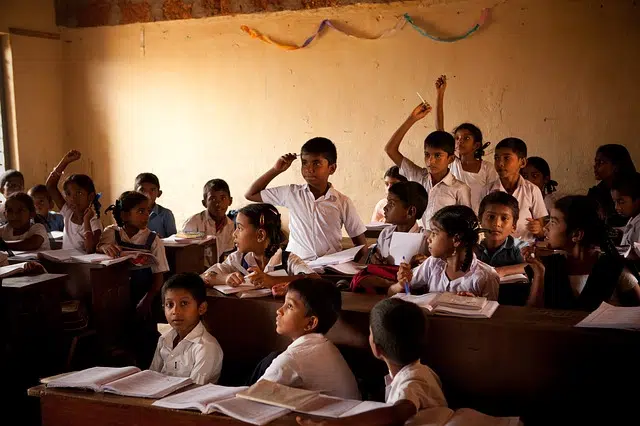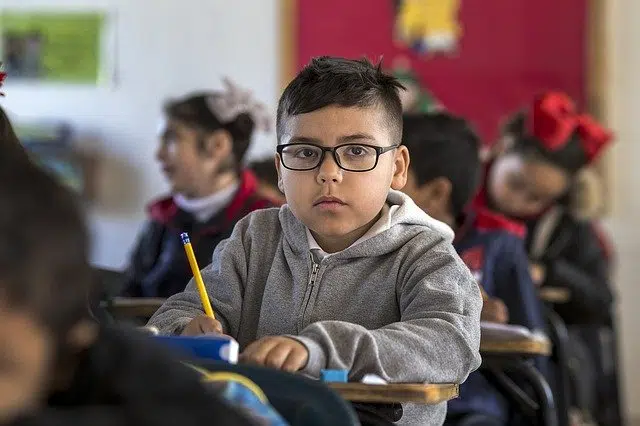
The educational process can be formal or informal.
Education consists of the socialization of people through teaching . Through education, the aim is for the individual to acquire certain knowledge that is essential for social interaction and for their development within the framework of a community.
The educational process is based on the transmission of values and knowledge . If we outline the process in the simplest way, we will find a person (who may be a teacher, an authority, a parent, etc.) who is responsible for transmitting said knowledge to another person or others. There is, therefore, a subject who teaches and others who learn .
The reality, however, is more complex. The educational process is not usually unidirectional, but rather interactive : those who are learning can also teach. Thus knowledge is constructed in a social way.
Stages of the educational process
No less important is to know that each educational process is divided into several different stages. Thus, for example, in the case of Spain it is made up of these phases:
-Childhood Education, which is what children between 0 and 6 years of age have.
-Primary Education, which has children between 6 and 12 years old as students.
-Secondary Education, designed for children between 12 and 16 years old.
– Baccalaureate , which is enjoyed by students who are between 16 and 18 years old.
These are then followed by others such as the University Degrees, which are carried out by those over 18 years of age.
formal education
The educational process, on the other hand, can be formal or informal . At a formal level, it is developed in educational institutions such as schools or universities, with professional teachers, study programs approved by the State and evaluation systems that require the student to meet certain objectives. To all this we should add other important characteristics of the formal, such as the following:
-It is systematized and graduated.
-It has a clear delimitation based on chronological criteria.

Primary education is a stage of the educational process.
Informal educational process
An informal educational process , on the other hand, can be developed within the home, on the street or even self-taught. The knowledge that those who learn assimilate, in this case, is not systematized.
In the case of informal education, we must not overlook the fact that it does not allow obtaining any type of certification, which, as a general rule, is not usually intentional and that it is fundamentally developed through activities related to leisure, family and work or studies.
Friends, family, the media, acquaintances and the rest of the people who are part of an individual's environment are what allow them to enjoy the so-called informal education. All of this without overlooking the fact that it lasts a lifetime, that it has neither a defined space nor a schedule to be carried out and that it is totally spontaneous.
The educational process can even be developed remotely , without the people involved in it being face to face or having personal contact.
These processes, in short, allow learning individuals to assimilate information necessary to function successfully at a social level, acquiring values and behavioral patterns.
